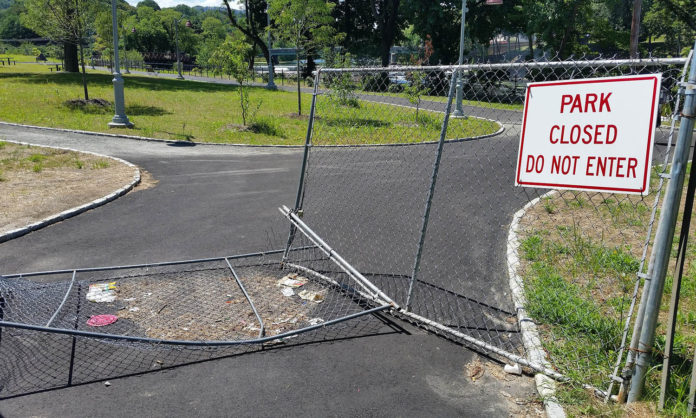
Writers are told that the success of their story depends on hooking their reader in the first few pagers. But is that true in the real world? In a post on Writer Unboxed, Barbara Linn Probst examines some recent novels by best-selling novelists to see if they did it and how.
“We hear again and again that we haven’t a prayer of engaging a reader, agent, or editor unless there’s a high-stakes, compelling hook in the first few pages,” Probst says. “Better yet, on page one. So that’s what we aim for, when we write. But is it what we require, when we read?” Probst reviewed some opening pages from Joyce Maynard, Jodi Picoult, Alka Joshi, and Charlotte McConaghy to see if they do what we’re told we’re supposed to do.
- Prologues and time-jumps. Each of the four examples included some kind of prologue and in every case, they took place in a different time period than the rest of the story. (ed note – ask about prologues online and you’ll be buried in comments saying you shouldn’t ever use them!) Picoult relates a story from her POV character’s childhood and Maynard jumps back to years before the story opens. Joshi and McConaghy even switch tenses.
- The stakes. Probst gives the prologues a pass and so examines the opening pages of the “real” story to see if each writer establishes the stakes in the first five pages, which is when agents insist this must happen. Surprisingly, none do. Probst kept reading because each story was so well told. “I don’t need stakes just yet,” she writes. “I want to know more about these characters and the world they inhabit; that’s why I keep reading. For me, the stakes can wait.”
- Story question. As with stakes, we’re constantly told to pose the story question right away – the big question that sustains the entire narrative. In none of the four examples does the story question appear in the first few pages. In Picoult’s novel, it isn’t directly stated until page 188. “Good story questions take time to unfold,” Probst writes. “If we feel compelled to state the Big Story Question right away, before the reader has come to know and care about the characters, we risk wasting its impact.”
So what does a reader need in the first few pages? “Sometimes it’s the sense that something isn’t quite right or hasn’t been revealed yet; I’m even willing to tolerate being a bit confused if the hints are intriguing,” Probst says. :Sometimes it’s the promise of an unusual character who will show me a world I don’t know. Sometimes it’s the voice, or just plain wonderful writing.”











